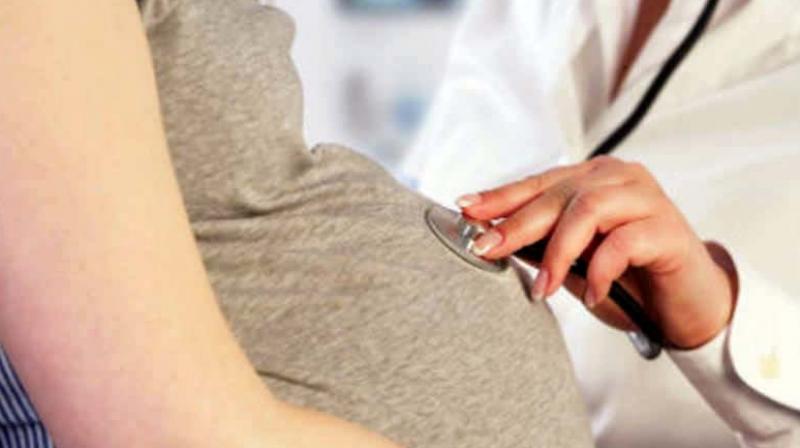Bengaluru: Check hypertension, keep baby safe

BENGALURU: Hypertension, or high blood pressure, is affecting a large number of pregnant women nowadays, and a woman can develop the condition at any point during pregnancy. About 5-10% of pregnant women suffer from hypertension and around 1-2% of them lose their babies because of high blood pressure.
Hypertension in pregnancy is defined as blood pressure of more than 140/90 mm HB measured, six hours apart after 20 weeks of pregnancy without the presence of protein in urine.
Hypertension is preventable and treatable. If left untreated, it can lead to critical heath issues for the mother, infant or both. Pregnant women can experience 3 types of hypertension during pregnancy – Chronic hypertension, Gestational hypertension and Preeclampsia (A potentially dangerous pregnancy complication characterised by high blood pressure).
Chronic hypertension is where women who have developed it before pregnancy or within the first 20 weeks. Women with this condition have high blood pressure and can possibly develop an abnormal amount of protein in their urine, which is also called as Proteinuria. The presence of protein in the urine can indicate problems with the kidneys. This type of hypertension doesn’t cure as it is present even before the pregnancy.
Gestational hypertension occurs only during pregnancy or if there is deficiency of protein in the urine. Women develop this condition in the second half, or after the first 20 weeks of pregnancy. Both chronic and gestation hypertension can lead to preeclampsia, a high blood pressure condition that women can develop during pregnancy or after giving birth. This affects both mother and the infant. There is mild and severe preeclampsia depends on severity of the condition.
There is no particular cause for hypertension and it is usually seen in first-time pregnant women. Those suffering from chronic condition should continue to take their antihypertensive medication during pregnancy. If gestational hypertension is severe or if a woman develops preeclampsia, medications could be prescribed to lower blood pressure and to help the baby mature if the pregnancy is not full-term. In some cases women may be hospitalised for monitoring. The parameters have to be monitored carefully, otherwise it may lead to the baby’s death.
Sometimes hypertension can also affect the baby where as it increases the risk of poor birth outcomes, such as pre-term delivery, smaller than average size and sometimes infant death. It affects the mother's blood vessels which can decrease the flow of nutrients to the baby, resulting in a low birth weight.
Dr Soumya K.N., consultant gynaecologist, BGS Global Hospital, said, “To prevent hypertension, mothers should consume minimal salt, should be well dehydrated, take enough rest and do regular exercise. Alcohol and caffeine have to be avoided and regular checkups and scans as suggested by the doctor have to be followed”.

